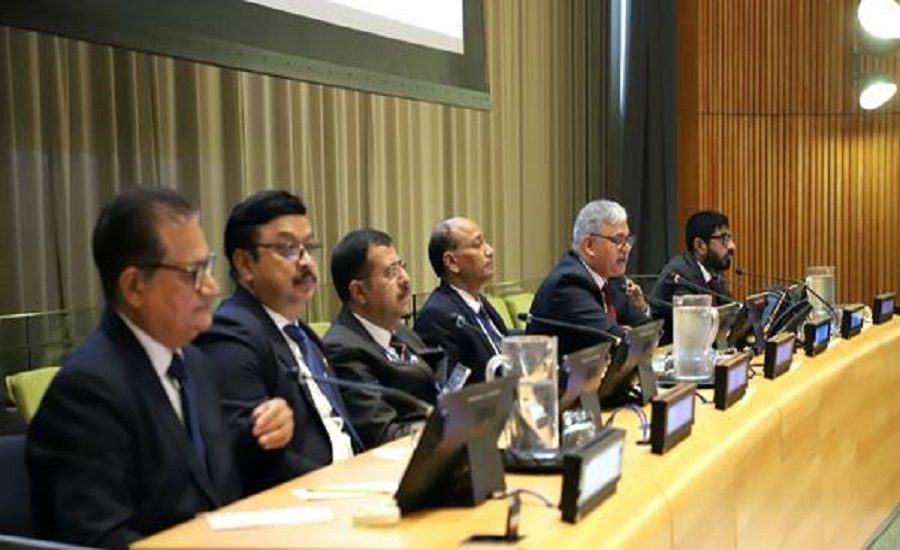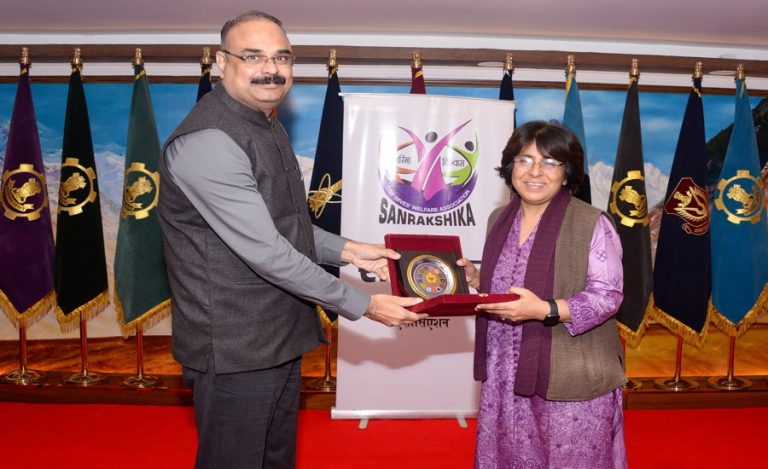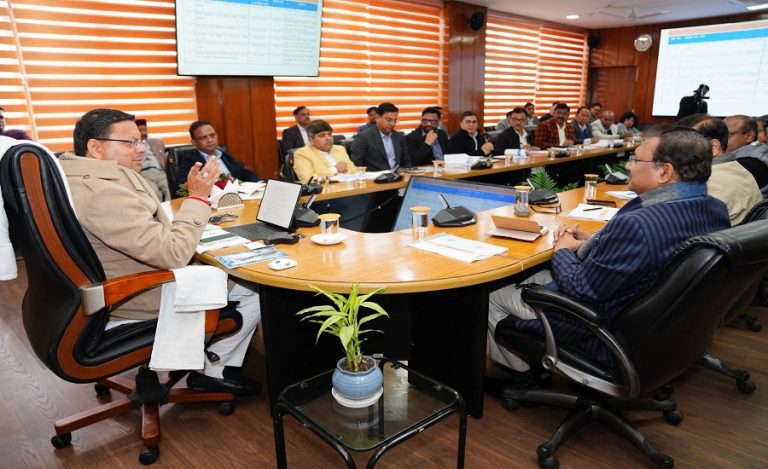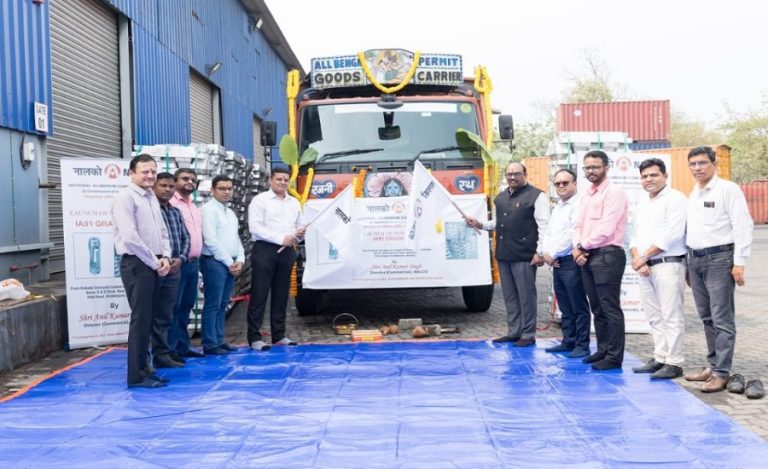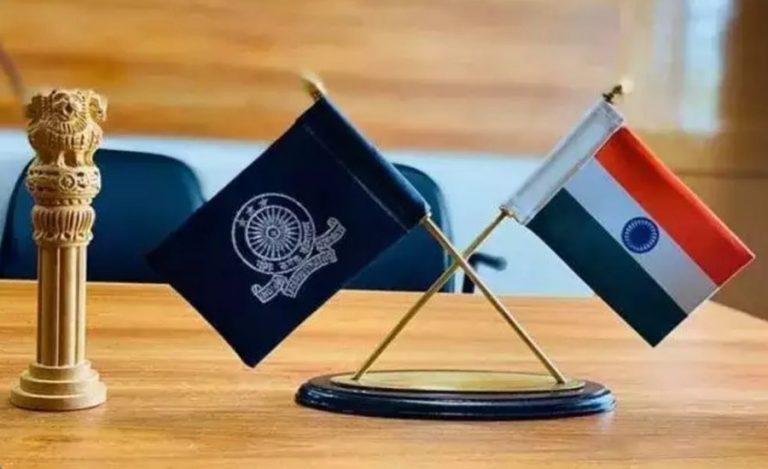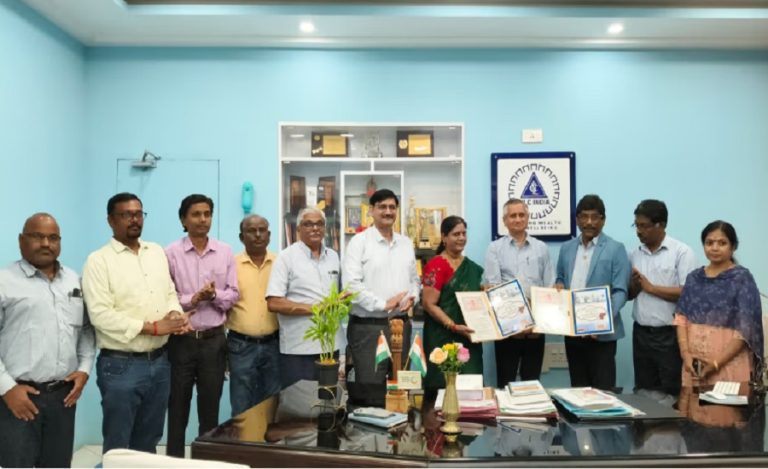New York/New Delhi: At the 20th Session of the United Nations Forum on Forests (UNFF20), held from May 5–9 at the UN Headquarters in New York, India reaffirmed its global leadership in forest conservation, sustainable management, and biodiversity protection. Led by 1991 batch IFS (Indian Forest Service) officer Sushil Kumar Awasthi, Director General of Forests and Special Secretary in the Ministry of Environment, Forest and Climate Change, the Indian delegation presented substantial progress in forest cover enhancement, policy innovation, and international collaboration.
India’s Green Gains: A Snapshot
India reported an increase in forest and tree cover to 25.17% of its geographical area, according to the latest India State of Forest Report. This achievement was attributed to major national initiatives such as:
- Restoration of the Aravalli Green Wall
- 7.86% rise in mangrove cover over a decade
- Afforestation of 1.55 lakh hectares under the Green India Mission
- Plantation of 1.4 billion seedlings through the Ek Ped Maa Ke Naam (Plant4Mother) campaign
These initiatives were showcased as part of India’s Voluntary National Contributions (VNCs) under the UN Strategic Plan for Forests 2017–2030, reinforcing the country’s commitment to climate resilience and ecological sustainability.
India Invites Nations to Join International Big Cat Alliance (IBCA)
A highlight of India’s engagement was the invitation extended to all UN Member States to join the International Big Cat Alliance (IBCA). This India-led initiative aims to unite countries for the conservation of the seven big cat species – including the tiger, lion, leopard, snow leopard, jaguar, cheetah, and puma – through collaborative research, capacity-building, and knowledge-sharing.
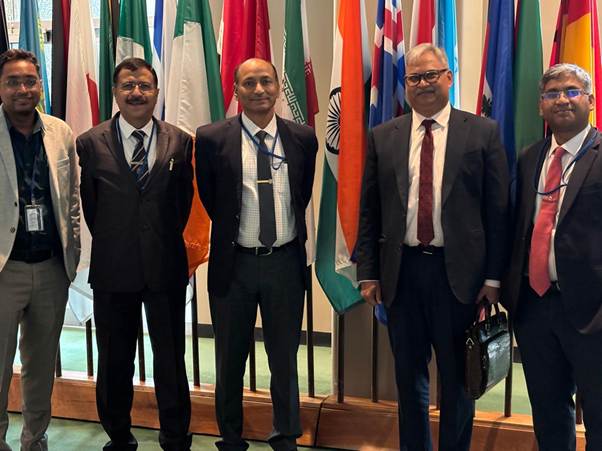
Global Cooperation on Forest Fire Management
India also called for international support for the Country-Led Initiative (CLI) it hosted in Dehradun in October 2023, focusing on forest fire management and forest certification. The delegation encouraged integration of CLI outcomes into formal UN mechanisms and recognized similar efforts led by the Republic of Congo, DPR Korea, and Austria.
India’s Side Event: Restoring Degraded Landscapes
During a dedicated side event titled “Restoring Degraded Forest Landscapes: India’s Approach to Sustainable Forest Management and Climate Resilience,” India highlighted its success in –
- Policy innovation
- Community-led restoration
- Cross-sector resource convergence
- Technology-based monitoring and evaluation
This event underscored India’s integrated, scalable model for sustainable forest management and climate adaptation.
Valuing Forest Ecosystems in Policy
India also contributed to a high-level panel on “Valuing Forest Ecosystems in National Policy and Strategy,” sharing data from pilot studies in Uttarakhand, Rajasthan, and tiger reserves. Using frameworks like SEEA and the Millennium Ecosystem Assessment, India demonstrated methods to quantify ecosystem services such as:
- Carbon sequestration
- Water provisioning
- Biodiversity conservation
The delegation stressed the need to incorporate these valuations into national development and planning frameworks to support long-term ecological sustainability.
Global Call to Action
India’s participation at UNFF20 emphasized its dual role – as both a regional leader in forest management and a global advocate for collaborative environmental governance. With its invitation to join the IBCA and its showcasing of scalable forest restoration practices, India urged the international community to align national efforts with global forest goals.

